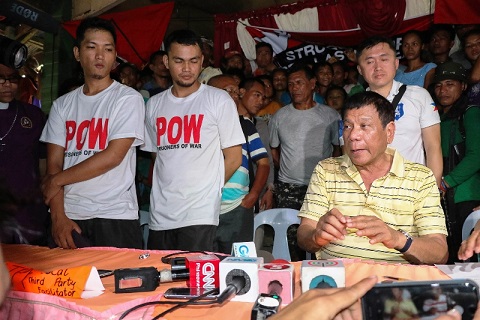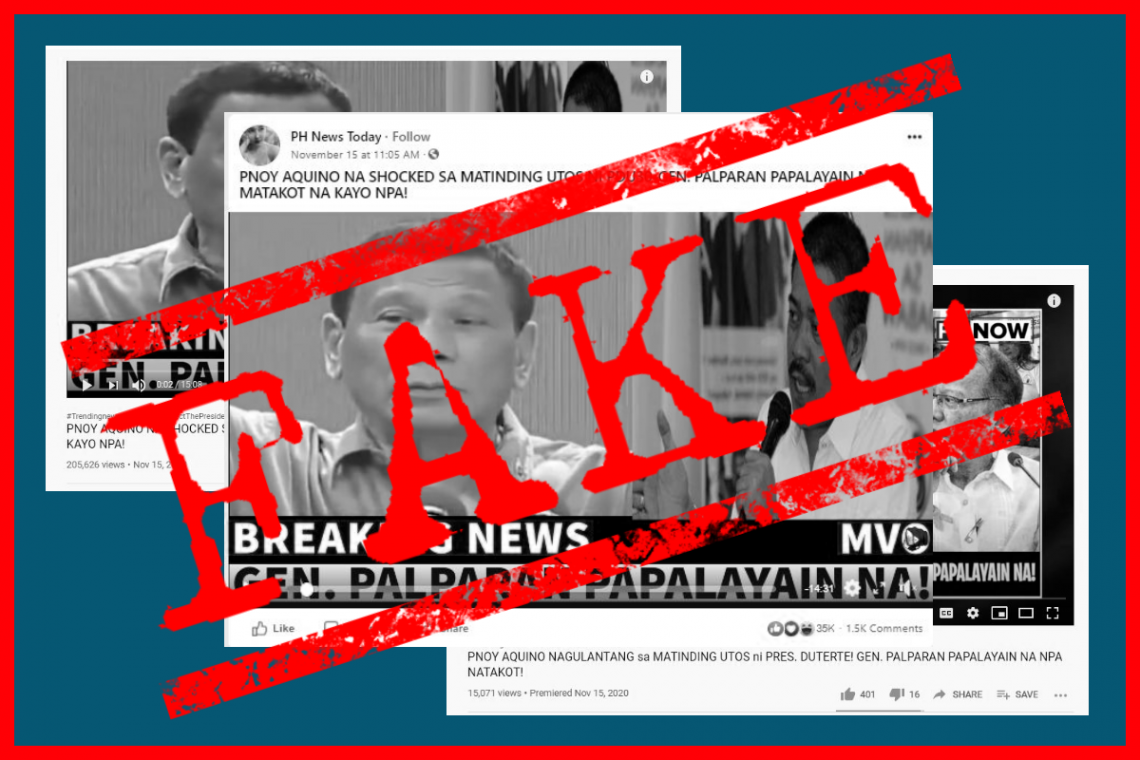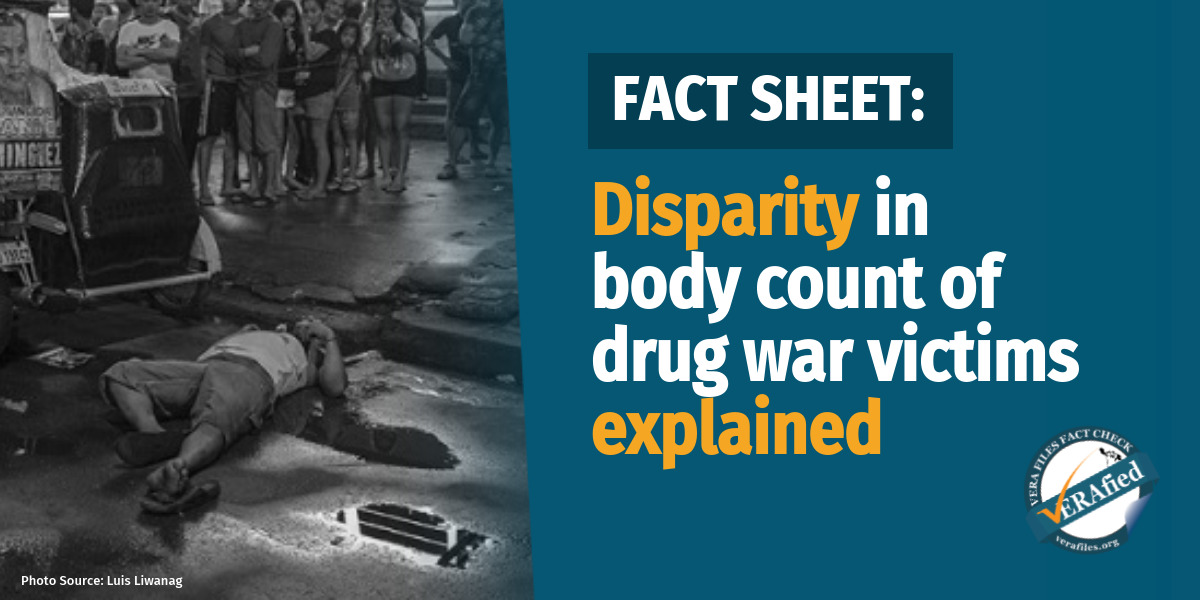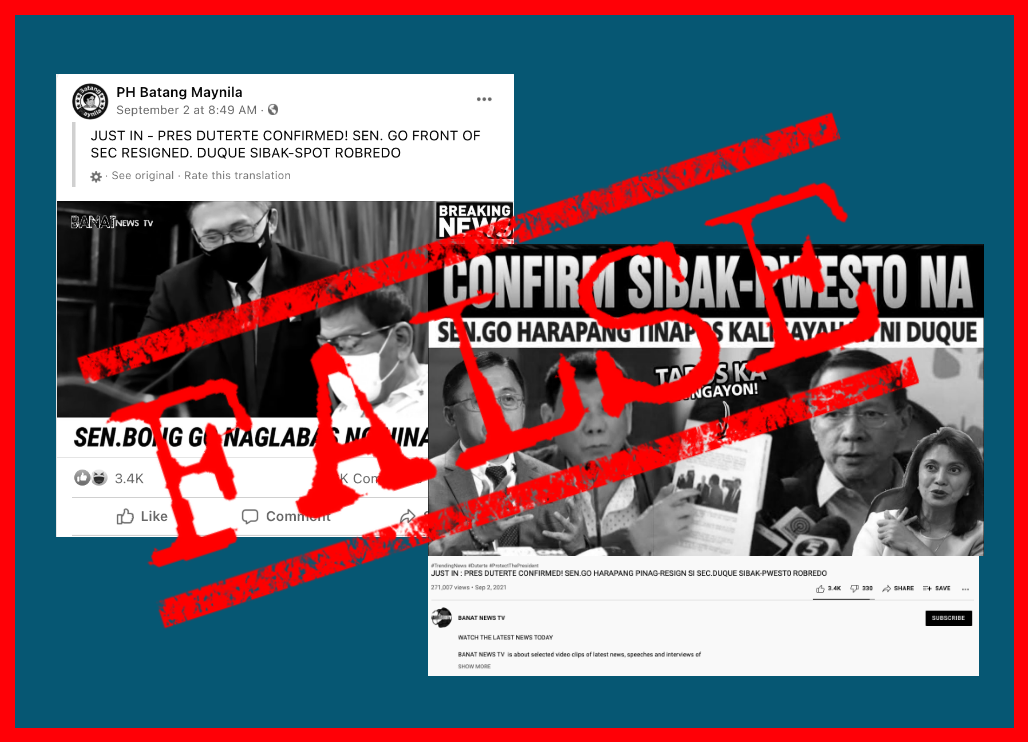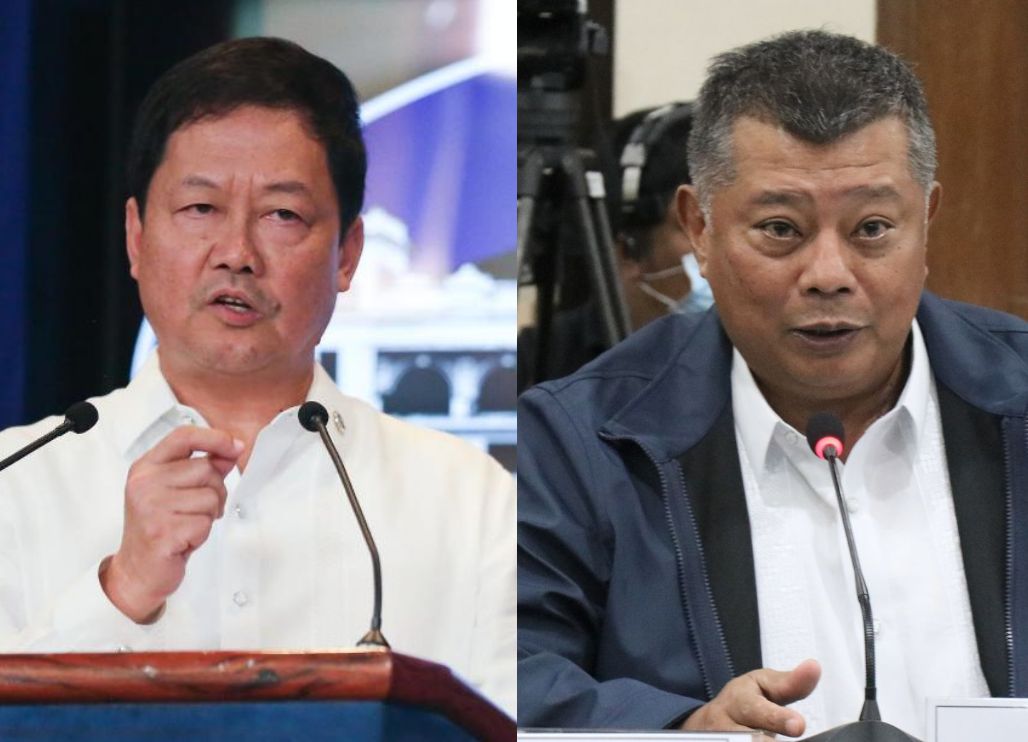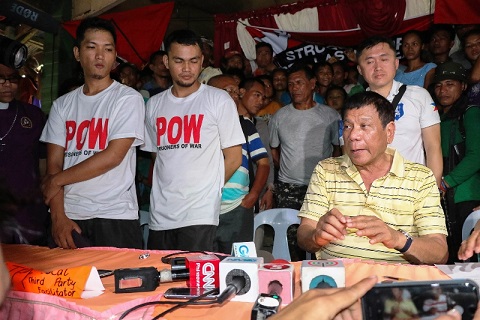
By ELLEN T. TORDESILLAS
CENTERLAW, a non-government organization dedicated to the promotion of the Rule of Law in the Philippines and Asia, reminded President-Elect Rodrigo Duterte that as president of the Philippines, which he will be in 23 days, he is legally bound to ensure that every one within Philippine sovereignty is accorded due process of law.
Centerlaw expressed grave concern over the statement of Duterte that he is leaving the fate of General Generoso, Davao Oriental police Chief Inspector Arnold Ognachen to his captors, the New People’s Army.
Duterte, which has included the Communist Party of the Philippines in his government, had worked for the release of policemen captured by the CPP’s armed group before the May elections. He had also called for the release of Ognachen, who was captured when the NPA recently raided the Davao Oriental police station.
But in his press conference last Thursday, Duterte said an NPA commander told him that they seized drug from Ognachen adding the rebel leaders would not lie to him.
Duterte is waging war against illegal drugs. “”I said I’d be harsh. I’m sorry for that guy,” he said.
He said he told the NPA commander, “You have a kangaroo court…. Sentence him to 20 years of hard labor.”
Romel R. Bagares, Centerlaw executive director, noted the double irony of Duterte referring to the NPA’s justice system as “kangaroo courts.”
“Because that is exactly what they are – tribunals that make a mockery of even just a modicum of justice,” he said.
Bagares said, Duterte, who is a lawyer and a former prosecutor, “ should know that we now have Republic Act 9851, the International Humanitarian Law Act, which penalizes as a war crime all executions without a judgment of a regularly constituted court that afforded all judicial guarantees generally recognized as indispensable.”
The International Humanitarian Law Act, passed in 2010, embodies the country’s commitment to the Geneva Conventions and the Rome Statute establishing the International Criminal Court.
Bagares recalled that in a series of official reports on summary executions and extrajudicial killings in the Philippines from 2007 to 2010, then UN special rapporteur Philip Alston called on the Communist Party of the Philippines (CPP) and the National Democratic Front to put an end to the NPA’s so-called ‘people’s “courts”, because these violate fair trial standards set by international human rights law and international humanitarian law.
Bagares said “Common article 3 of the 1949 Geneva Conventions, which applies to all combatants in the Philippines, prohibits the passing sentences without a judgment by a regularly constituted court, ‘affording all the judicial guarantees which are recognized as indispensable by civilized peoples.’”
“Moreover, the 1977 Additional Protocol provides that the court must be independent and impartial, and the accused shall have the right to be at the trial and present a defense, among other guarantees.”
Bagares further said:”In fact, the Bill of Rights of our 1987 Charter – under which he will swear his oath of office as President – likewise prohibits the deprivation of life without due process of law.
The NDF, of which the CPP and the NPA are members, is a coalition of 16 groups waging a so-called protracted people’s war for national democracy in the Philippines for more than four decades now.
News reports said when the NPA got Ongachen, they also captured two other persons and seized seven shotguns, 12 rifles, two 9mm pistols and three undetermined types of firearms.
Outgoing Philippine National Police chief Director General Ricardo Marquez said they respect the president-elect’s pronouncements but they will have to rescue Ongachen.
“It is our responsibility to rescue our people if they are kidnapped,” Marquez said.
